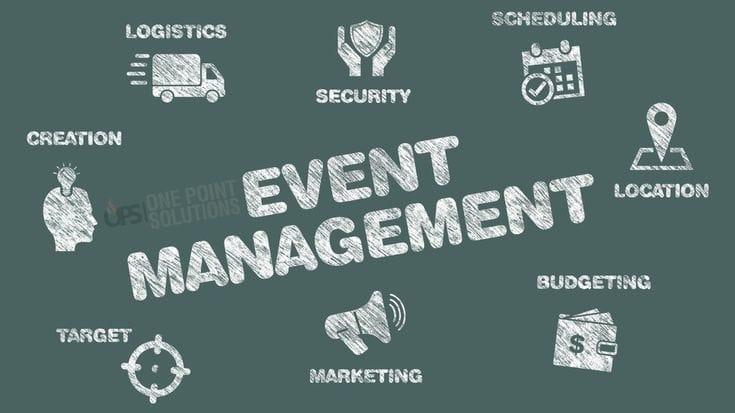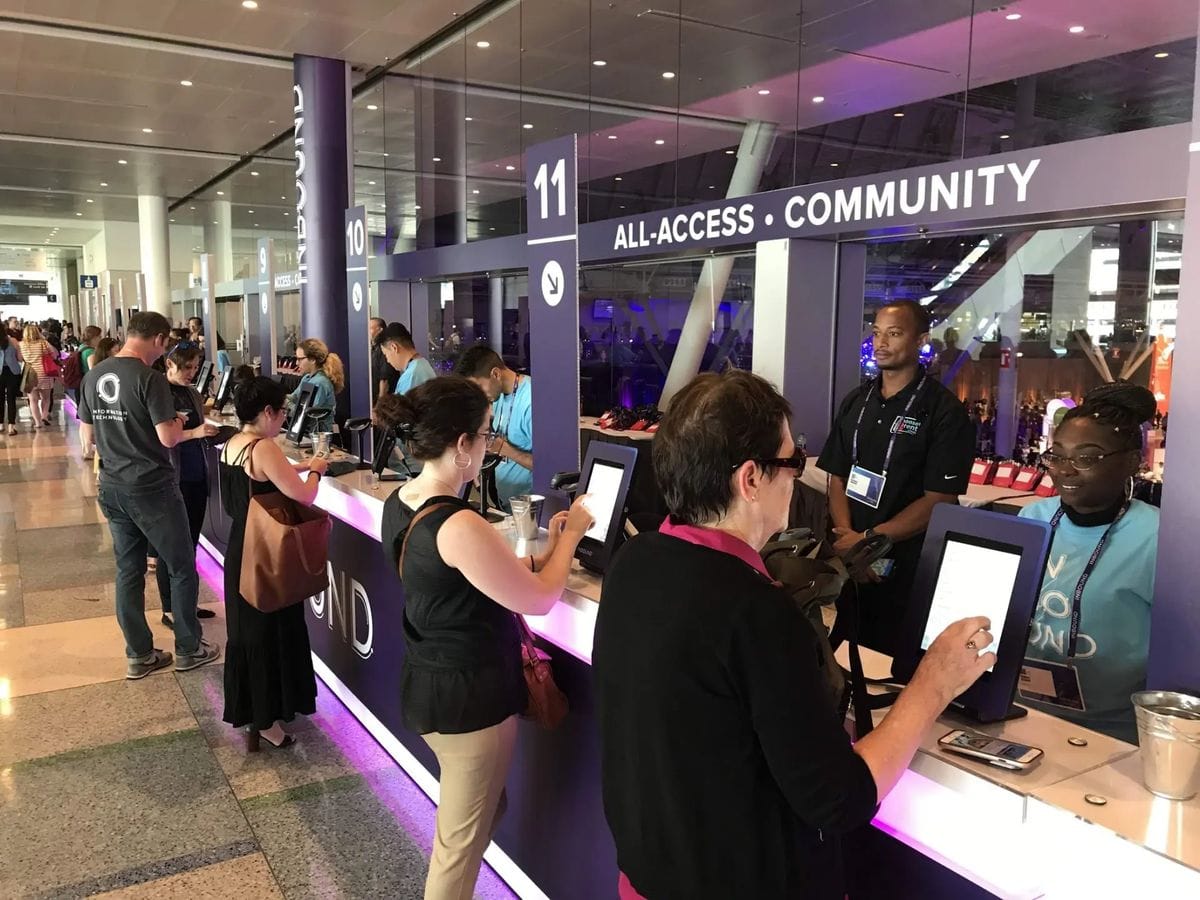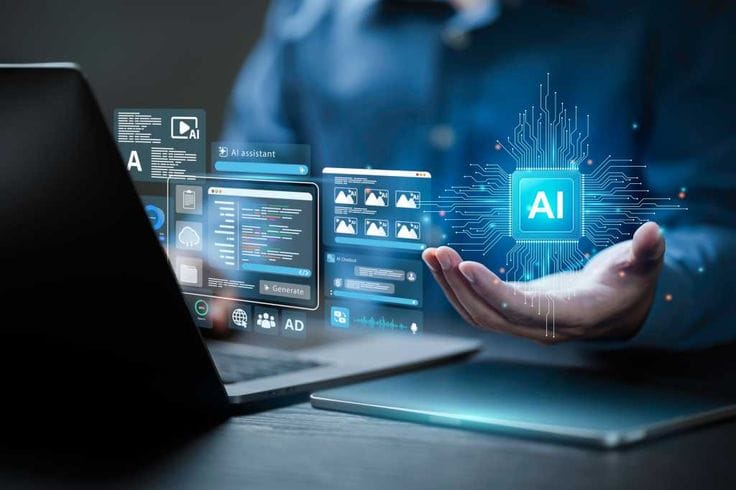The event industry is experiencing a seismic shift. Gone are the days when event professionals spent countless hours manually coordinating vendors, tracking RSVPs, and managing logistics through spreadsheets and endless email chains. Today's event landscape is being revolutionized by AI-powered solutions that are fundamentally transforming how we approach event workflow automation.
The End of Manual Chaos
Traditional event management resembled a complex juggling act where one dropped ball could cascade into complete disaster. Event planners would manually track hundreds of moving parts, from speaker schedules to catering requirements, often working nights and weekends to ensure nothing fell through the cracks. This antiquated approach not only consumed valuable time but also introduced countless opportunities for human error.
The inefficiencies of manual processes became particularly apparent during the pandemic, when virtual and hybrid events demanded even more coordination. Event professionals realized that relying on human-only workflows simply wasn't sustainable in an increasingly complex and fast-paced environment.
AI Event Processes: The New Standard
Modern smart event management platforms are replacing these manual workflows with sophisticated AI event processes that can handle multiple tasks simultaneously with remarkable precision. These intelligent systems can automatically match speakers with appropriate time slots based on availability, topic relevance, and audience preferences. They can predict attendance patterns, optimize venue layouts, and even suggest menu modifications based on dietary restrictions and cultural preferences.
Machine learning algorithms analyze historical event data to identify potential bottlenecks before they occur. For instance, if past events showed that registration typically spikes 48 hours before the event, the system can automatically scale up customer service resources and prepare additional materials in advance. This predictive capability transforms reactive event management into proactive orchestration.

Streamlining Operations Through Automated Event Tasks
The most immediate impact of AI automation is felt in the realm of automated event tasks that previously consumed significant human resources. Registration processes that once required manual verification and data entry now happen instantly through intelligent forms that can detect duplicate entries, validate information, and trigger appropriate follow-up communications.
Vendor coordination, traditionally a nightmare of back-and-forth emails and phone calls, now operates through automated systems that can negotiate contracts, schedule deliveries, and manage payment processing. AI systems can simultaneously communicate with multiple vendors, cross-reference requirements, and identify potential conflicts before they impact the event timeline.
These automated workflows extend to attendee engagement as well. AI chatbots provide 24/7 customer service, answering common questions and routing complex inquiries to appropriate human staff members. They can provide personalized recommendations for sessions, networking opportunities, and local attractions based on individual attendee profiles and preferences.
AI Workflow Optimization: Beyond Basic Automation
While automating individual tasks represents significant progress, the true power of AI lies in comprehensive AI workflow optimization. These systems don't just execute predetermined actions; they continuously learn and adapt to optimize entire event ecosystems.
Advanced algorithms analyze real-time data streams from multiple sources – social media sentiment, weather forecasts, traffic patterns, and attendee behavior – to make dynamic adjustments to event schedules and resource allocation. If an AI system detects that a particular session is generating significant social media buzz, it can automatically recommend larger venue spaces or suggest live streaming options to accommodate increased interest.
Resource optimization becomes particularly sophisticated when AI systems manage multiple events simultaneously. They can identify opportunities to share resources between events, negotiate better rates with vendors through consolidated purchasing, and optimize staff schedules across different projects.

Intelligent Event Processes: The Human-AI Partnership
The evolution toward intelligent event processes doesn't eliminate human creativity and relationship-building skills. Instead, it creates a powerful partnership where AI handles routine tasks and data analysis while humans focus on strategic thinking, creative problem-solving, and personal relationship management.
Event professionals can now spend their time on high-value activities like developing innovative event concepts, building meaningful connections with stakeholders, and creating memorable experiences for attendees. The AI systems handle the logistical heavy lifting, ensuring that creative visions can be executed flawlessly without getting bogged down in operational details.
The Future of Event Management
Looking ahead, the integration of AI into event management will only deepen. We can expect to see more sophisticated predictive analytics that can forecast event success rates, recommend optimal pricing strategies, and suggest personalized attendee experiences based on individual preferences and behavior patterns.
Voice-activated event assistants will soon coordinate complex logistics through natural language commands, while augmented reality systems will provide real-time guidance for setup crews and attendees alike. The boundary between digital and physical event experiences will continue to blur as AI systems seamlessly orchestrate hybrid environments.
Embracing the Revolution
The death of manual event workflows isn't just an industry trend – it's an inevitable evolution driven by the need for efficiency, scalability, and enhanced attendee experiences. Event professionals who embrace these AI-powered solutions will find themselves better equipped to handle increasingly complex events while delivering superior results.
The future belongs to those who can harness the power of event workflow automation while maintaining the human touch that makes events truly memorable. In this new landscape, success isn't measured by how many hours you work, but by how intelligently you leverage technology to create extraordinary experiences.


